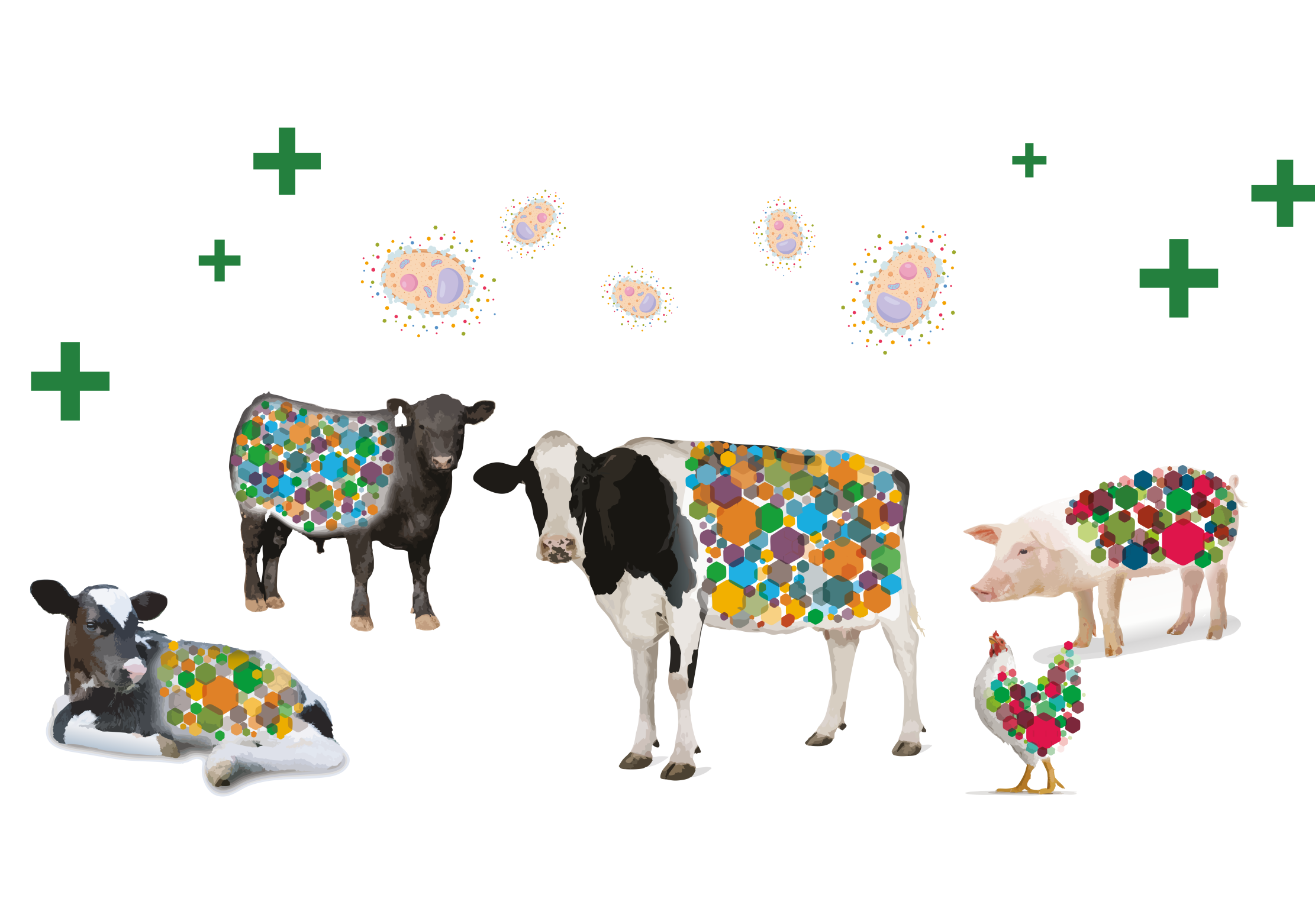In a world increasingly shaped by extreme climate conditions, our agricultural systems face unprecedented threats. Rising temperatures, prolonged droughts, and intense rainfall events put immense pressure on crops, especially during their most vulnerable stage: reproduction. Plant reproduction is crucial for producing the seeds and fruits that form the backbone of our food supply. Yet, extreme weather can disrupt this delicate process, leading to reduced yields and threatening global food security. RECROP, a visionary COST Action consortium, is dedicated to addressing these challenges. Read More
Bringing together experts from genetics, chemistry, agronomy, and artificial intelligence, RECROP is pioneering an integrative approach to enhance crop resilience.
One of the key strategies employed by RECROP involves advanced genetic solutions. Through selective breeding and cutting-edge genomic technologies, scientists are developing crop varieties that can withstand extreme weather conditions.
RECROP leverages natural variation in crop species and their wild relatives, along with the rich diversity of European seed collections, to advance modern breeding programs. Selective breeding involves choosing parent plants with traits that offer resilience to heat, drought, or other stresses. By crossbreeding these plants over several generations, we can produce crops that are better adapted to challenging environments.
Several members of RECROP employ new genomic technologies, such as CRISPR, to precisely edit plant DNA to enhance traits such as drought tolerance or heat resistance. By directly modifying the genes responsible for these traits, we can accelerate the development of resilient crop varieties.
Another crucial approach involves chemical innovations. Many RECROP members are at the forefront of exploring the potential of chemical stimulants and bio-stimulants to increase crop resilience.
Chemical stimulants are substances that boost plant growth and resilience. These include hormones and growth regulators that enhance the plant’s natural defences against stress, improving their ability to survive extreme conditions.
Bio-stimulants promote plant health by enhancing nutrient uptake and improving soil structure. They help crops to cope with stress more effectively, leading to better yields under challenging conditions.
RECROP also emphasizes the use of advanced agronomic practices to enhance crop resilience. These practices integrate technology and sustainable farming techniques to optimize crop management through precision agriculture.
Precision agriculture uses drones, sensors, and GPS technology to monitor crop health and environmental conditions. This data allows farmers to make informed decisions, applying water, adjusting the temperatures, adding fertilizers only where and when needed, reducing waste and improving crop resilience.
RECROP is also harnessing the power of artificial intelligence to revolutionize breeding and agriculture. By analysing vast amounts of data and identifying patterns, AI models can predict how different crop varieties will perform under specific climate conditions. The advantage of predictive models is their ability to guide breeding programs, accelerating the development of resilient crops.
RECROP not only supports these diverse strategies but also acts as a hub to integrate them, ensuring a cohesive approach to enhancing crop resilience. RECROP imagines a future where, despite the challenges posed by climate change, every person has access to adequate and nutritious food. Through pioneering research and collaboration, RECROP is making this vision a reality, ensuring sustainable food systems for generations to come.
Join us in supporting RECROP’s mission to enhance the reproductive resilience of crops and secure our global food supply. Together, we can build a more resilient and sustainable future.










